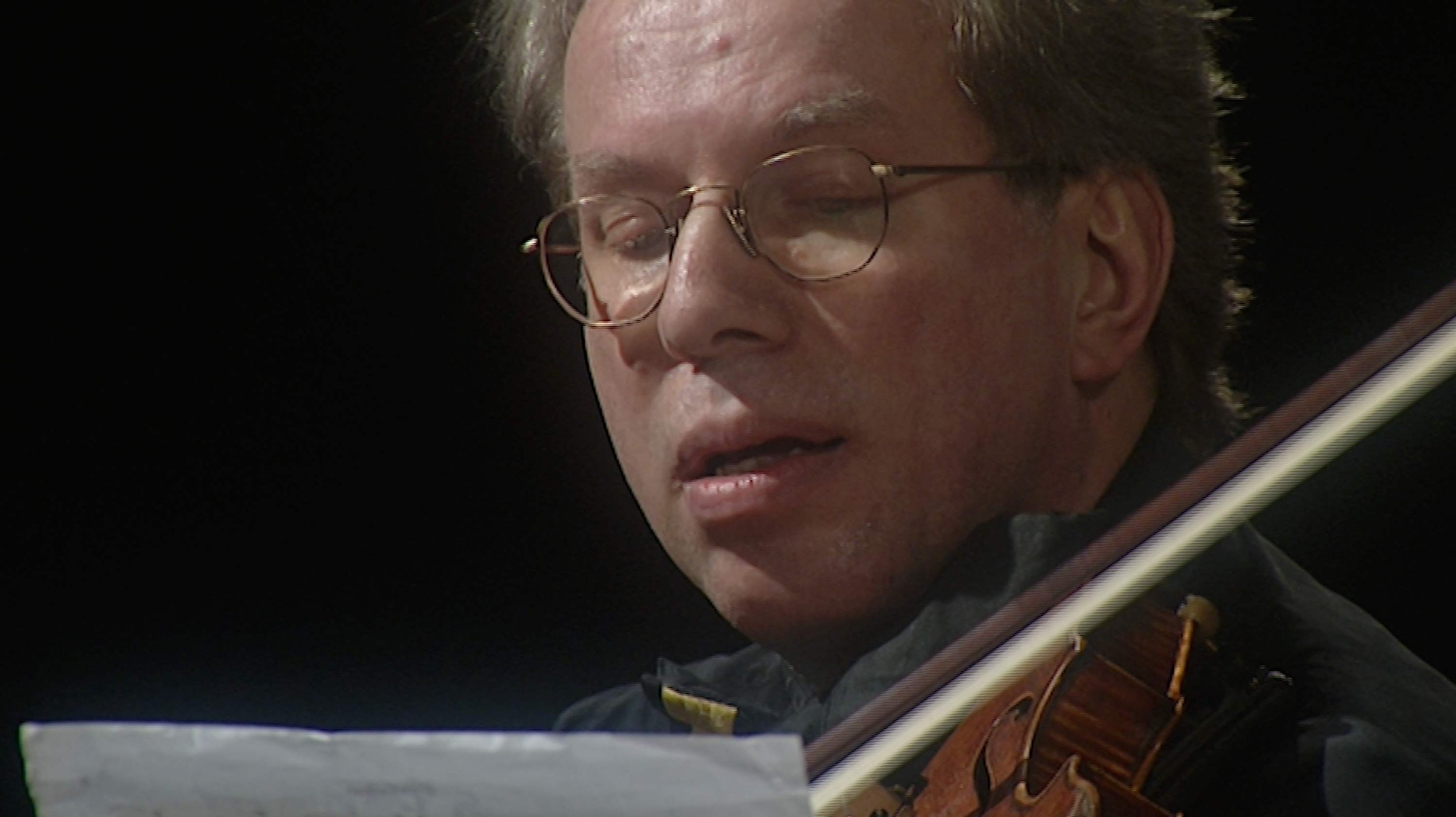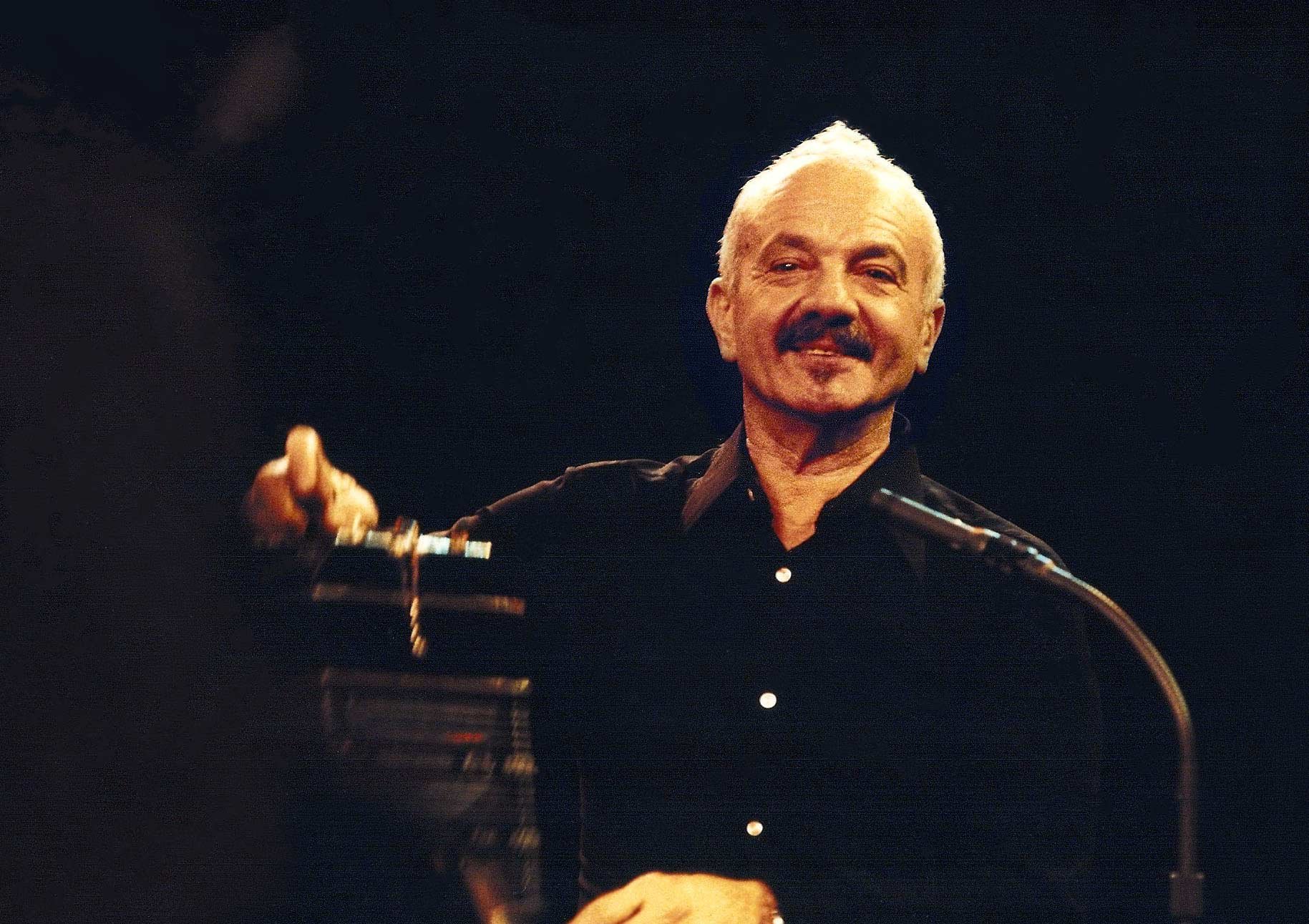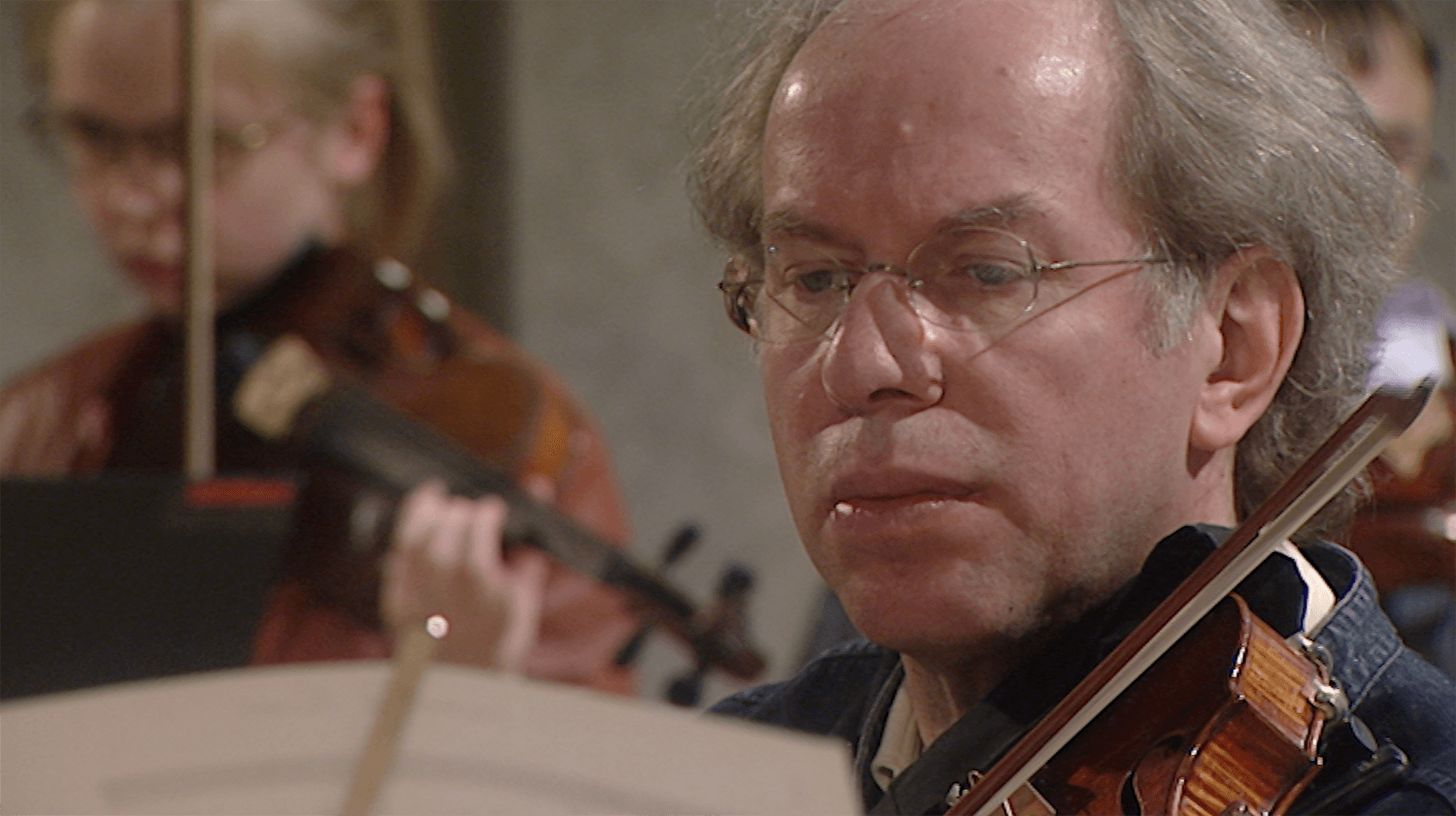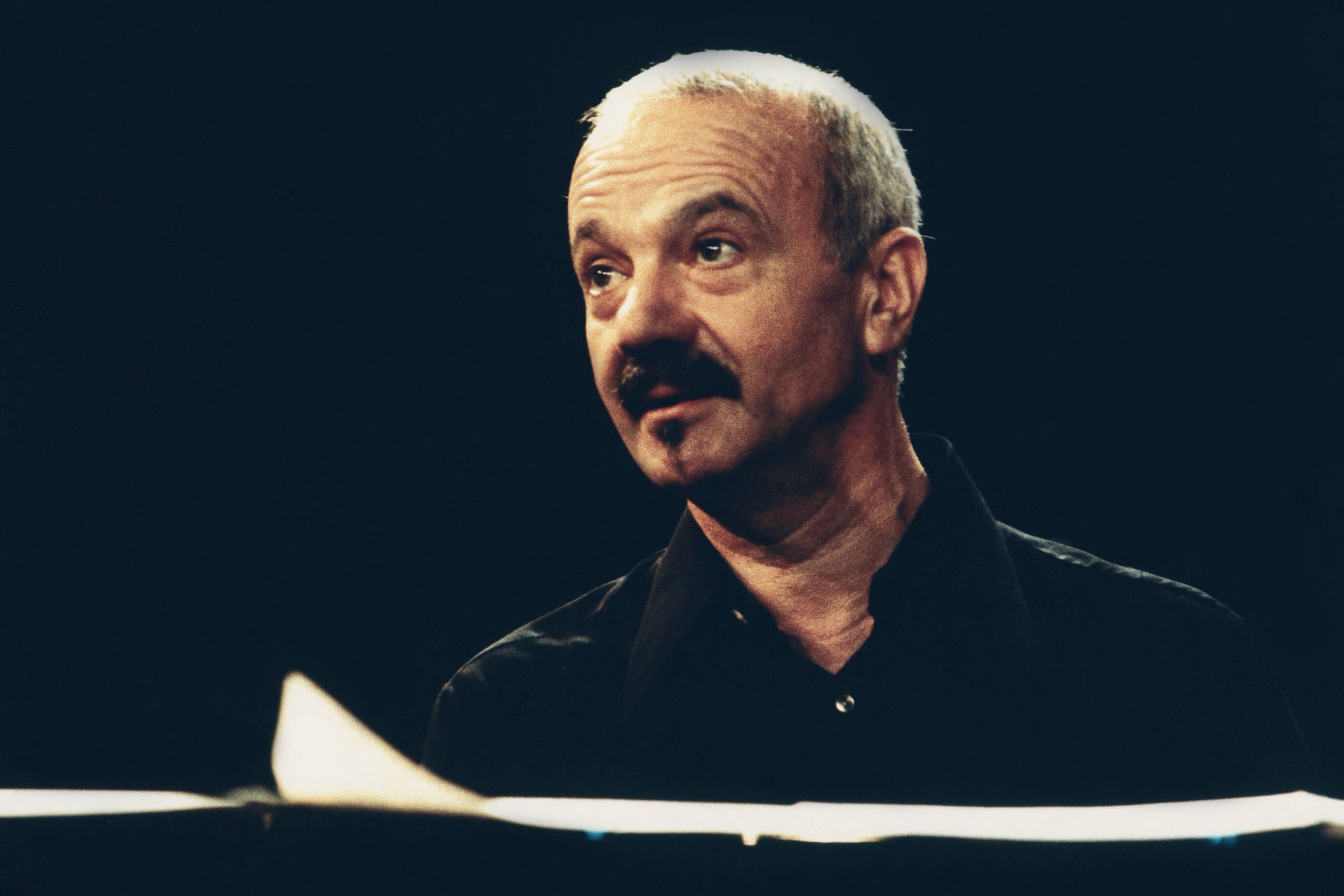
Info:
Duration: 50’ 22”
Narrated by Christopher Nupen
Year of production: 1998
In the late 1990s there was s a wave of interest in the tango that rippled around the world but, sadly, little of it seemed to have lasting value. The music of Astor Piazzolla, by contrast, does have both of these qualities and the story of his quest is both touching and impressive.
This film is a tribute to a 20th century composer who, like many another before him in our musical history, suffered seriously from prejudice during his lifetime and became a best seller not long after his death. We feature Astor Piazzolla and his Quintet and Gidon Kremer and his Astor Quartet.
During his life Astor Piazzolla was attacked from both sides of the classical divide. Aficionados of the tango were so incensed by his efforts to give the tango something more contemporary to say that his life was threatened, his family was threatened and he was beaten in the street. All this for tampering with a popular form of music that lay deep in Argentine culture. At the same time the classical world underrated Piazzolla as a serious contemporary composer because he wrote in the idiom of the tango.
-
What makes this story doubly telling is that Gidon Kremer is thought of by a great many musicians as the champion of contemporary music and musically the most adventurous violinist on the international concert platform today. He has certainly done more for contemporary composers than any other top level soloist in the past 25 years and it has delighted the musical world that his passionate advocacy of Piazzolla's music has achieved such extraordinary international success.
The film includes Piazzolla himself with his last and best quintet playing three of his best known pieces, (Escualo, Invierno Porteño and Tangata), plus Gidon Kremer and his friends, Vadim Sakharov, Per Arne Glorvigen and Alois Posch revelling in five of Piazzolla's pieces at an astonishing concert in the Queen Elizabeth Hall in London. It also includes a very appealing interview with Piazzolla.
The interview is in Spanish, broken up into short sections that are sub-titled.
Piazzolla began his musical career in the nightclubs of Buenos Aires playing the bandoneón but he had hopes of becoming a serious composer and, introduced by Artur Rubinstein, he studied with Alberto Ginastera and later with Nadia Boulanger. The great French pedagogue, for whom Piazzolla was to feel an enduring debt of gratitude, advised him to stay in the idiom of the tango with which he had grown up. He followed her advice, and for the rest of his days - with a success that is now seen to be unique.
These are tangos with a new and very real substance to them.
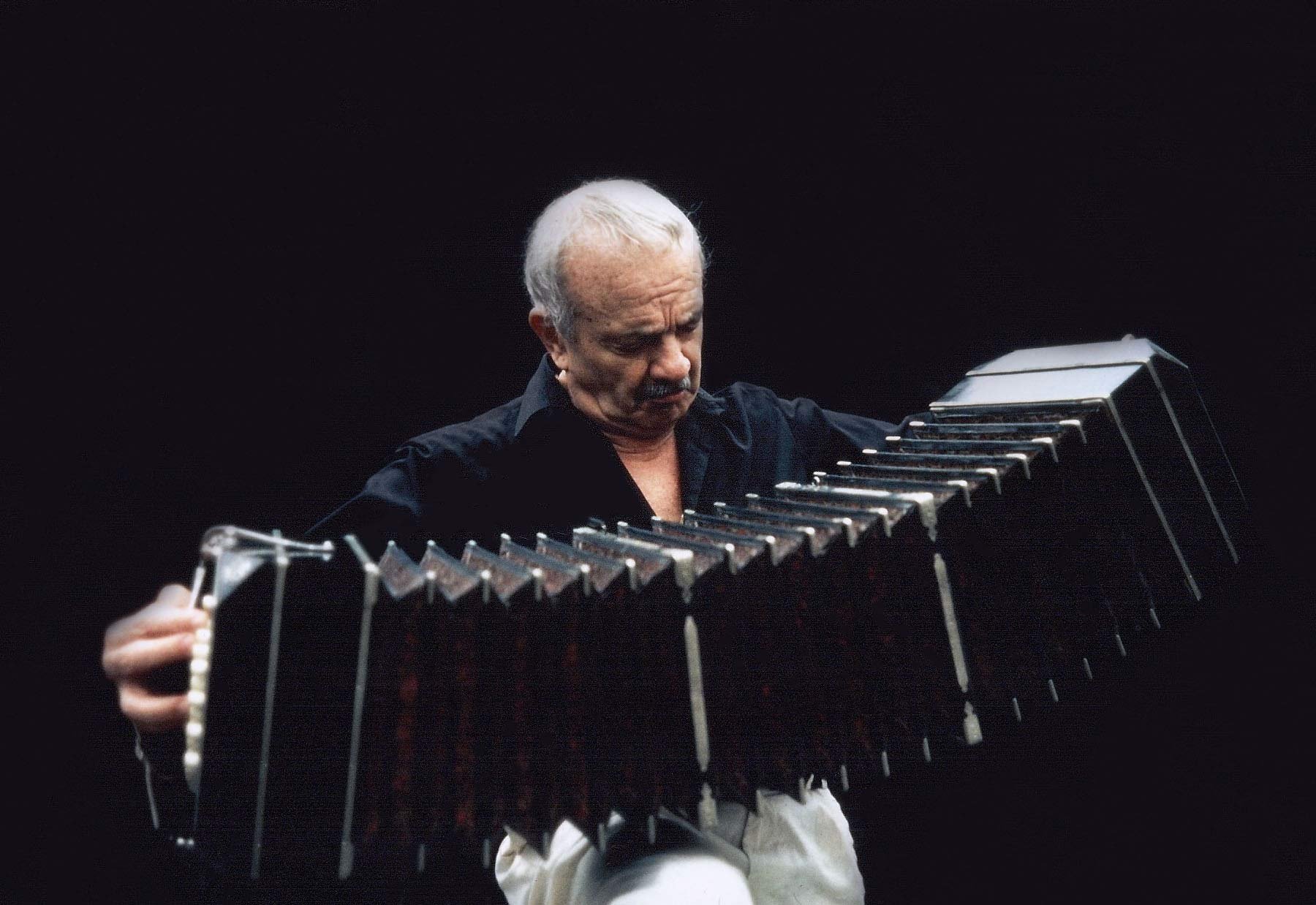
Our Films on DVD

